Muhammadu Buhari is the 15th head of the Nigerian government since 1960, the fifth democratically elected president, the first opposition candidate to win the presidential election and the second president of Katsina origin. What else do you know about him?
1. Katsina produces another president
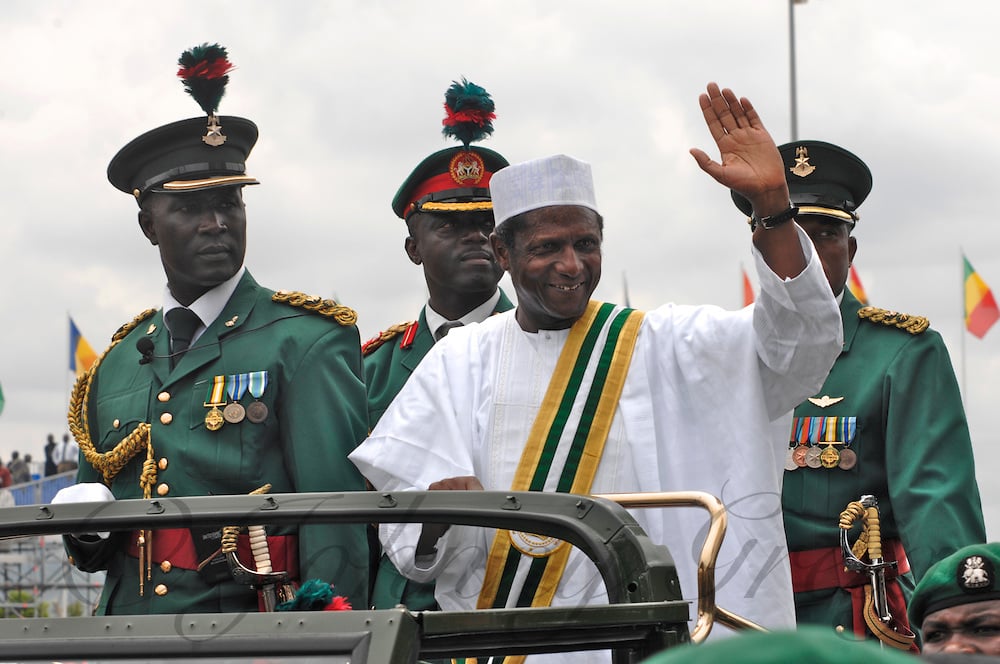
Katsina state has again produced a Nigerian head of state — the third since 1983. Buhari, from Daura, then in Kaduna state, was the first. Katsina state was carved out of Kaduna state in 1987 by Ibrahim Babangida. Umaru Musa Yar’Adua, former governor of Katsina state, became the second president from Katsina in 2007. Buhari’s return in 2015 means the state has produced yet another president. It could have been more. Shehu Musa Yar’Adua, elder brother of Umaru, made a bid in 1992 and after getting the presidential ticket of the Social Democratic Party (SDP), the process was cancelled. He was still hoping to contest when he was arrested and jailed for allegedly plotting a coup in 1995. He did not come out of the prison alive.
2. Third ex-governor to be president
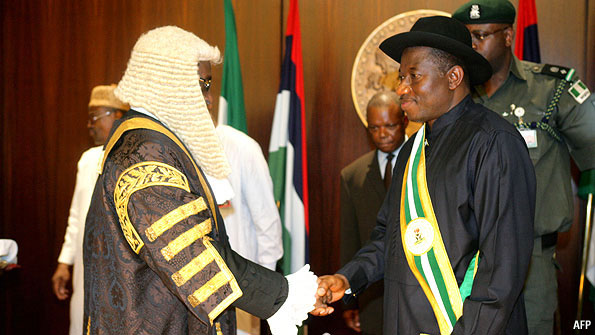
There is yet another interesting fact about Buhari — he has joined the league of former governors to be elected president. Having served as the military governor of the old north-eastern state from 1975 to 1976, he has equalled the record of Umaru Musa Yar’Adua, who became president in 2007 after serving as Katsina governor from 1999-2007, and Goodluck Jonathan, who was Bayelsa governor from 2005-2007. The major difference, though, is that Buhari was a military, not an elected, governor. The north-eastern state governed by him is now broken into six: Adamawa, Bauchi, Borno, Gombe, Taraba and Yobe.
3. Another ex-Minister as President
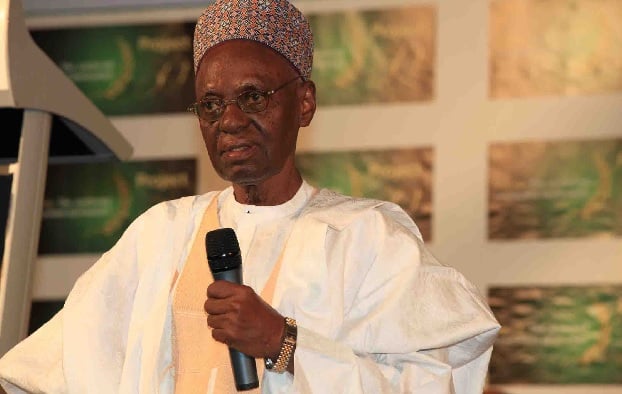
Murtala Muhammed. Olusegun Obasanjo. Shehu Shagari. Sani Abacha. Muhammadu Buhari. They all have something in common — they are all former ministers who went on to become heads of state. Muhammed was federal commissioner (minister) for communications under Gowon until the 1975 coup when he became head of state. Obasanjo, head of state from 1976 after Muhammed’s death, was federal commissioner for works. Obasanjo appointed Buhari federal commissioner for petroleum and natural resources in 1976. Shagari, who was elected president in 1979, was minister of economic development in 1960, minister of internal affairs in 1962 and minister of works and survey in 1965. Abacha was appointed minister of defence by Babangida in 1990.
Advertisement
4. Oldest President
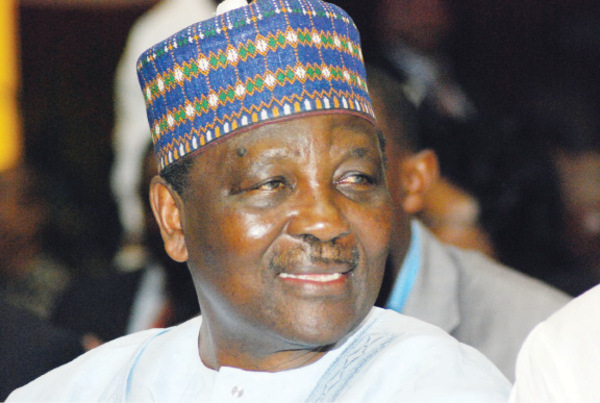
Buhari is the oldest person to assume the office of president in Nigeria. He is 72 years and five months old. He broke the record set by Obasanjo in 1999 who became the oldest Nigerian president at 62. The youngest remains Gowon, who was made head of state a few months shy of his 32nd birthday in 1966. Two other heads of state assumed office in their thirties: Muhammed (37) in 1975 and Obasanjo (38) in 1976. Abubakar Tafawa Balewa (47), Ironsi (41), Buhari (41) and Babangida (41) all ruled in their forties. Shagari (54), Shonekan (57), Abacha (50), Abdulsalami Abubakar (55), Yar’Adua (55) and Jonathan (52) assumed office in their fifties. The most common age is 41.
3 comments
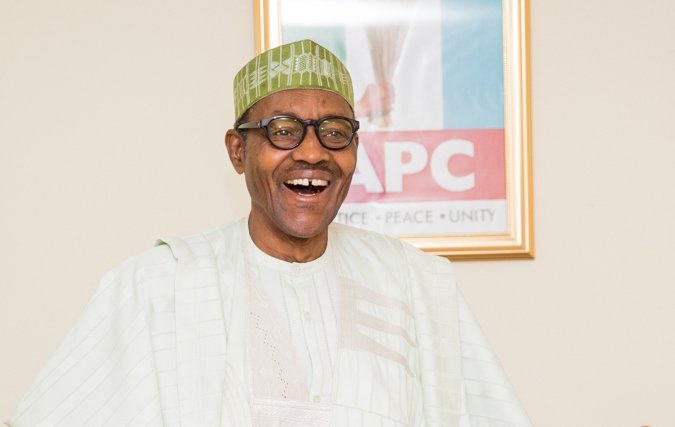
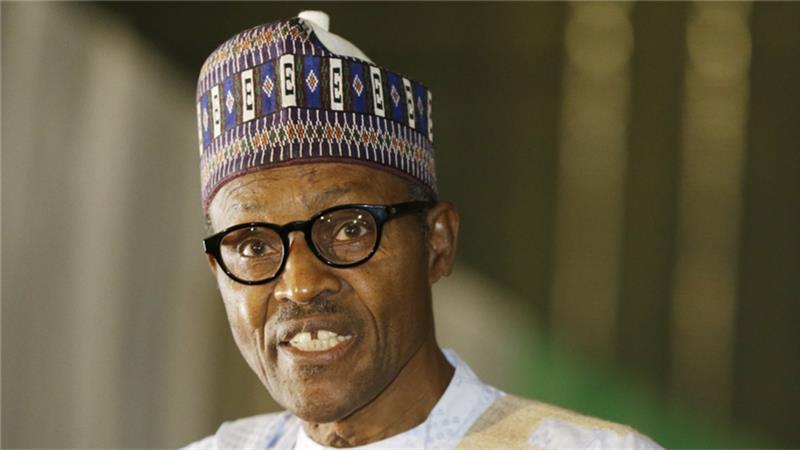

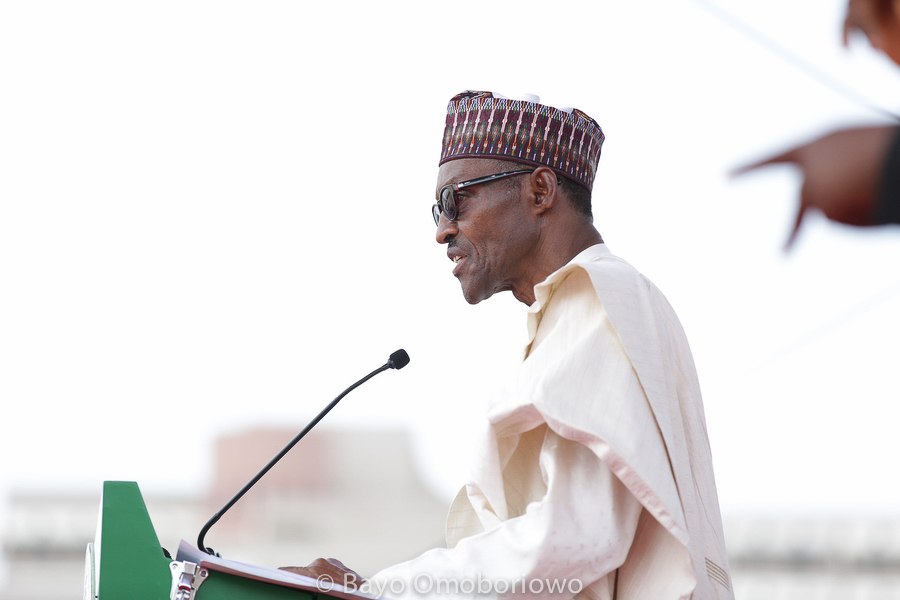
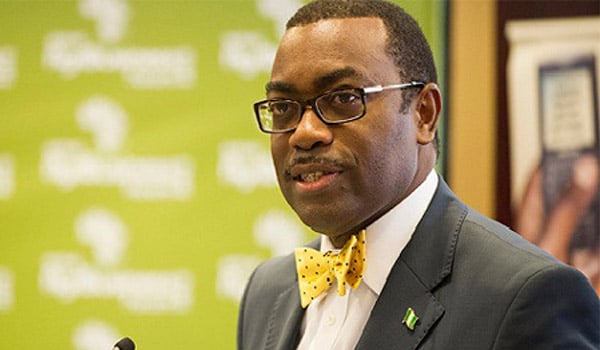
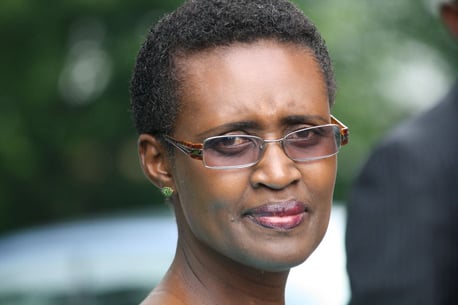
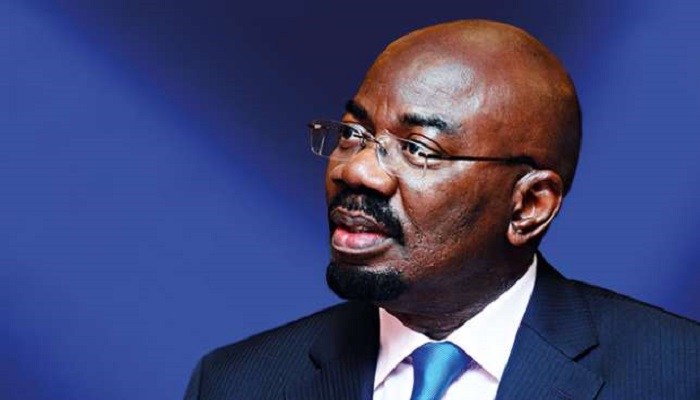
Beautiful record keeping, but history will carry on also with their deeds.They have all immortalised themselves with whatever they have left behind.whether good,bad or ugly, it is now left for history to tell the unborn.
Thanks for this recollection. However, Muhammadu Buhari is Nigeria’s sixth (not the fifth) democratically elected president.
Nnamdi Azikiwe became Governor-General on his 56th birthday – November 16, 1960 – and President on October 1, 1963 when Nigeria was proclaimed a Republic. But since he was appointed into those two positions, the first elected president (equivalent) was the Prime Minister, Abubakar Tafawa Balewa. Shehu Shagari (October 1, 1979 – December 31, 1983) became the second elected president, followed by Olusegun Obasanjo (May 29, 1999 – May 28, 2007), Umaru Musa Yar’Adua (May 29, 2007 – May 5, 2010), Goodluck Jonathan (May 6, 2010 – May 28, 2015) and now Muhammadu Buhari.
Shehu Musa Yar’Adua did not become the presidential candidate of the Social Democratic Party (SDP). Although he led by over 480,000 votes in the first round of the party primary in 1992, the process was cancelled by the National Electoral Commission. Moshood Abiola later won the party’s presidential primary held in Jos in March 1993 only to have his electoral victory on June 12, 1993 annulled by the Ibrahim Babangida military administration.
Babangida became military president on August 27, 1985, 10 days into his 44th birthday (not age 41), having been born on August 17, 1941.
“Buhari listens to BBC Hausa service religious (religiously, you meant).”
Like Obasanjo and Shagari, Tafawa Balewa was also a polygamist. He had four wives – Jummai, Umma, Zainab and Laraba
I applaud you sir. You sure know your facts.